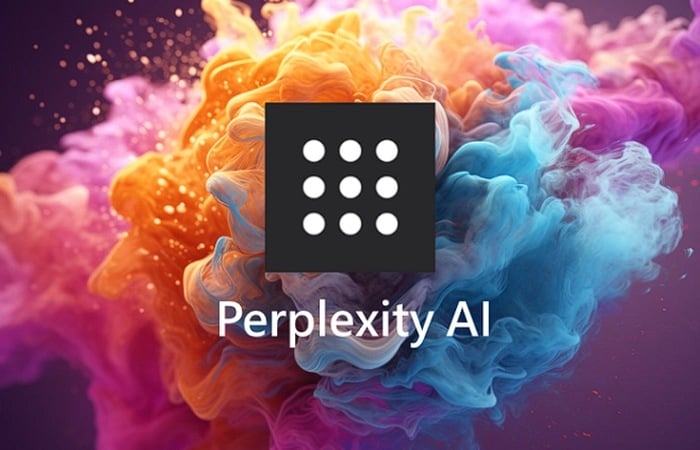At the Ray Summit 2023, a gathering of software engineers, machine learning practitioners, data scientists, developers, MLOps professionals, and architects, Aravind Srinivas, the founder and CEO of Perplexity AI, shared the journey of building the first of its kind LLM-powered answer engine in just six months with less than $4 million. The summit, known for its focus on building and deploying large-scale applications, especially in AI and machine learning, provided the perfect platform for Srinivas to delve into the engineering challenges, resource constraints, and future opportunities of Perplexity AI.
Perplexity AI, a revolutionary research assistant, has carved a niche for itself by providing accurate and useful answers backed by facts and references. It has a conversational interface, contextual awareness, and personalization capabilities, making it a unique tool for online information search. The goal of Perplexity AI is to make the search experience feel like having a knowledgeable assistant who understands your interests and preferences and can explain things in a way that resonates with you.
How Perplexity AI was developed
The workflow of Perplexity AI allows users to ask questions in natural, everyday language, and the AI strives to understand the intent behind the query. It may engage in a back-and-forth conversation to clarify the user’s needs. The advanced answer engine processes the questions and tasks, taking into account the entire conversation history for context. It then uses predictive text capabilities to generate useful responses, choosing the best one from multiple sources, and summarizes the results in a concise way.
Previous articles we have written that you might be interested in on the subject Perplexity AI:
Perplexity AI is not just a search engine that provides direct answers to user queries; it is much more than that. Initially, the company focused on text to SQL and enterprise search, with backing from prominent investors such as Elon Musk, Nat Friedman, and Jeff Dean. In November, it launched a web search for friends and Discord Bots, followed by the launch of Perplexity itself a week later.
Since then, the company has been relentlessly working on improving its search capabilities, including the ability to answer complex queries that traditional search engines like Google cannot. It has also launched a ‘research assistant’ feature that can answer questions based on uploaded files and documents. To enhance user experience, Perplexity has introduced ‘collections’, a feature that allows users to save and organize their searches.
In terms of technology, Perplexity has started serving its own models, including LLMs, and has launched a fine-tuned model that combines the speed of GPT-3.5 with the capabilities of GPT-4. It is also exploring the use of open-source models and has its own custom inference stack to improve search speed.
Earlier this month Perplexity announced pplx-api, designed to be one of the fastest ways to access Mistral 7B, Llama2 13B, Code Llama 34B, Llama2 70B, replit-code-v1.5-3b models. pplx-api makes it easy for developers to integrate cutting-edge open-source LLMs into their projects.
-
Ease of use: developers can use state-of-the-art open-source models off-the-shelf and get started within minutes with a familiar REST API.
-
Blazing fast inference: our thoughtfully designed inference system is efficient and achieves up to 2.9x lower latency than Replicate and 3.1x lower latency than Anyscale.
-
Battle tested infrastructure: pplx-api is proven to be reliable, serving production-level traffic in both its Perplexity answer engine and the Labs playground.
-
One-stop shop for open-source LLMs: the team at Perplexity says it is dedicated to adding new open-source models as they arrive. For example, the team added Llama and Mistral models within a few hours of launch without pre-release access.
Looking ahead, Perplexity’s future plans include further improvements to its search capabilities and the development of its own models to maintain control over pricing and customization. The journey of Perplexity AI, as shared by Aravind Srinivas at the Ray Summit 2023, is a testament to the power of in
Filed Under: Technology News, Top News
Latest aboutworldnews Deals
Disclosure: Some of our articles include affiliate links. If you buy something through one of these links, aboutworldnews may earn an affiliate commission. Learn about our Disclosure Policy.







